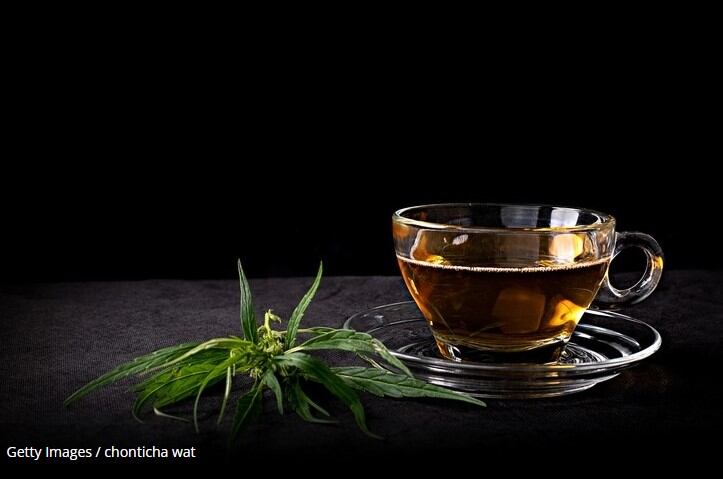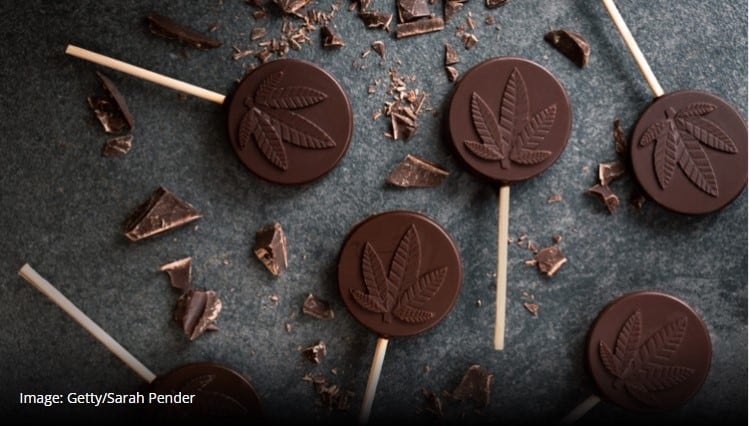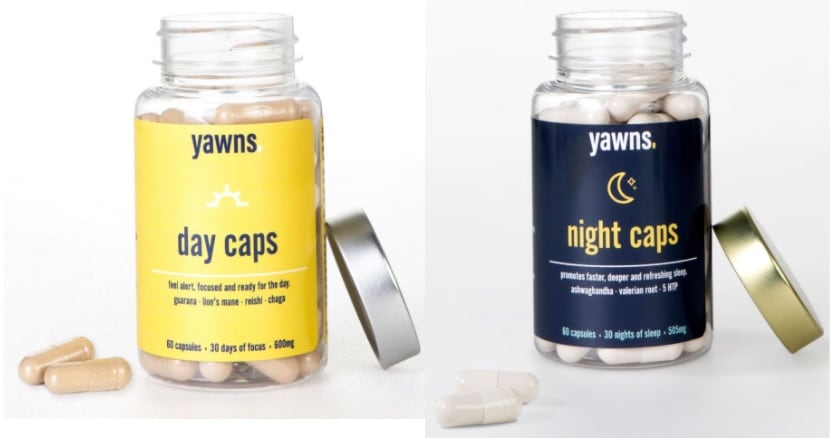The companies in question were those whose Novel Foods applications relied on studied performed on epilepsy drug Epidiolex (an FDA‑approved prescription CBD) as supporting safety evidence rather than conducting their own toxicology studies.
Paul Tossell, Head of the Novel Foods and Radiological Policy Team at the Food Standards Agency, said: “Some applicants have based their safety cases on literature reviews of studies to support their applications which are not sufficient evidence based on the Committee of Toxicity’s work. Therefore we have asked for these applications to be supplemented with supporting data by 28 February.”
Food not medical safety evidence needed
He added: “There is not sufficient data in the public literature to prove a safety level in food. Previous studies have shown that the benefits for therapeutic levels outweigh the risks at those levels of exposure. This is a very different position to foods in the food chain. The application process for food safety will assess what levels are safe in food.”
This latest twist in the meandering CBD Novel Foods approvals saga comes as companies in the industry are gearing up for the release of the FSA’s eagerly-awaited public list of CBD products permitted for sale to consumers.
Since January 2021, the FSA has been reviewing applications to see if they have provided enough scientific data to enable them to do a scientific risk assessment for safety. This assessment process was accessible to any CBD product formulated for oral use that was on sale in the UK on or before 13 February 2020.
The FSA is thought to have received hundreds of applications, however the number of products that will appear on the list will be much higher - likely in the thousands - with some companies having hundreds of products in their portfolios.
The evaluation process has been hampered by the Covid-19 pandemic, and now, it looks likely that the publication of the list will be further delayed until this issue is resolved.
Not a bolt out of the blue
Although this ultimatum might seem like tough action from the FSA, the agency has previously reiterated the need for companies to undertake their own toxicology studies.
In November 2021, the FSA updated online guidance for those submitting a Novel Foods application for the first time to read:
“Applicants will need to include details of the toxicological studies they have undertaken, or propose to undertake, with clear details of the reasoning for these particular tests. Where all information isn’t available at the time of submission, a justification for the delay and when results will be available must also be included. Without such information it is unlikely we will be able to validate an application.”
The issuing of these warning letters has sent ripples through the cannabinoid industry, inciting a reaction not only from the recipients, but from companies who have followed the FSA’s guidance to the letter.
Businesses in jeopardy
For the 40 companies on the receiving end of the FSA’s ultimatum, the stakes are high.
"There has been a lot of confusion in the community in the past week," the Association for the Cannabinoid Industry (ACI) told this publication.
Steve Moore, founder of the ACI, said: "There are businesses who will have to make tough decisions if they want their products to remain on the market. Realistically for some, the only option now might be to join a consortium.”
Accessing existing data an option
The FSA’s Paul Tossell said: “We have advised that there may be options including accessing other existing data rather than undertaking studies to complete the gaps.”
The ACI is currently awaiting clarity on whether the companies contacted will need to submit brand new Novel Foods dossiers.
Among those companies who have included the correct supporting evidence from the word go, the overriding mood is one of frustration - the sector had anticipated that the public list of CBD products would be released early in 2022, but these timings are now looking doubtful.
“For those who invested in original toxicity studies, who followed the guidance from the get go and have been waiting for the green light, this represents a hold up of sorts but then, this is an industry that is used to waiting. We are confident that the publication of the list of permitted products will come sooner, rather than later,” said Moore.
Some applicants already notified
It has emerged that some companies have already been given the green light by the FSA. On 14 January British Cannabis issued a press release stating that it had received feedback from the FSA that its cannabis-derived products will remain on the market.
It said that the FSA had confirmed via emails to its CEO, Thomas Whettem, that the evidence submitted in support of 15 dossiers, spanning over 3,000 products “has been checked and is sufficient” and that “the public list will be amended to reflect these changes”.
Following this revelation, the ACI sought clarification from the FSA, which provided the following statement: “British Cannabis has been informed that some of the information on their products has been verified and they may be put on the public list. Other applicants are in the same position and have also been notified. We are still in the process of reviewing all the data from other consortium members.”




